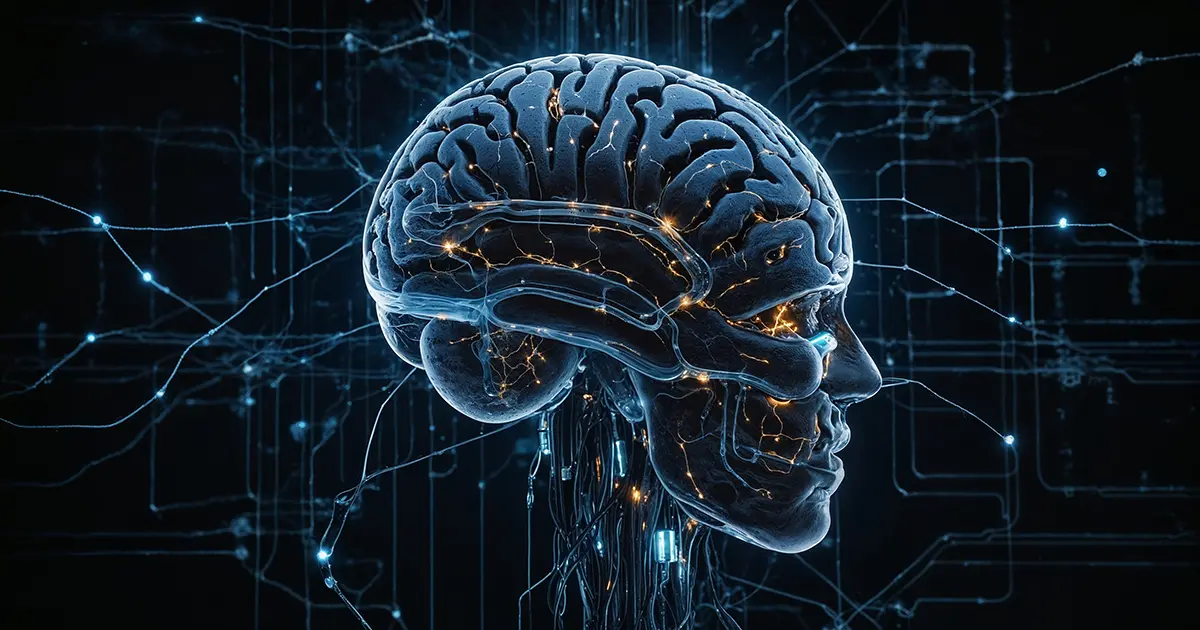What Is Artificial Intelligence? A Beginner’s Guide to AI and How It Works
Artificial Intelligence (AI) is a field of computer science that enables machines to learn and perform tasks intelligently-much like a human. From understanding speech to recognizing images, AI powers technologies that make our lives easier. In this article, we’ll explore what AI is, its history, and how it works in simple terms.
What is Artificial Intelligence?
Artificial Intelligence (AI) refers to the simulation of human intelligence by machines, especially computer systems. Simply put, AI is the ability of a computer or machine to think, learn, and make decisions in ways that were once thought to be possible only by humans. AI is everywhere, from chatbots like Siri and Alexa to personalized recommendations on Netflix and Amazon. The goal of AI is to create systems that can perform tasks that would normally require human intelligence, such as understanding natural language, recognizing patterns, and solving problems.
A brief history of AI
The concept of AI is not entirely new – it’s been around since the 1950s. The father of AI, Alan Turing, was one of the first to investigate whether machines could think. In 1956, John McCarthy coined the term “artificial intelligence” at a conference at Dartmouth College, which is considered the birth of AI as a field of study. Early pioneers such as Marvin Minsky and Herbert Simon continued to shape the foundations of AI by developing the first programs that demonstrated rudimentary machine intelligence. Today, companies like Google, Microsoft, and OpenAI continue to push the boundaries of AI, making the technology more accessible and powerful.
How does AI work?
AI works by combining large data sets with intelligent algorithms and fast, iterative processing. This allows the software to automatically learn from patterns or features in the data. Think of AI as a very smart student who learns by practicing over and over again. By analyzing large amounts of information, AI systems can identify relationships between data and improve their performance over time. Machine learning, a core component of AI, involves teaching a computer to make predictions or take actions without being explicitly programmed for each decision.

Types of Artificial Intelligence
AI can be divided into several types. The two most common are narrow AI and general AI:
Applications of AI in everyday life
AI isn’t just something you find in labs or tech companies; it’s already part of our everyday lives. For example, when you unlock your phone using facial recognition, that’s AI at work. Voice assistants, such as Amazon’s Alexa and Google Assistant, use AI to understand and respond to your questions. Even the spam filters in your email that keep annoying messages out are a form of AI. These applications show how AI is making our everyday lives easier without us even realizing it.
Important AI Concepts to Know
Here are some of the most important concepts related to AI:
AI at work: Real-world examples
AI is transforming industries across the board:
These are just a few examples, and the potential of AI is vast. By giving machines the ability to learn and improve, we are on the verge of changing the way society functions in almost every way.
How our site can help you understand AI?

Our goal is to guide you through the fascinating world of AI, from the basics to more advanced applications. No prior knowledge is required; we want to make AI accessible to everyone. You may be a student trying to understand a trending topic, or an older adult curious about those “smart” devices your grandchildren are talking about. Either way, we’re here to break down complex topics into simple, digestible explanations. From learning what AI is and how it affects your life to practical tips for using AI tools, our resources are designed to help you feel comfortable exploring this technology.
Where to go from here
Now that you have a basic understanding of what AI is and how it works, why not learn more about how AI is impacting everyday tasks or what tools are available for you to use in your own life? Check out our other categories to see how you can put AI to work for you.


















